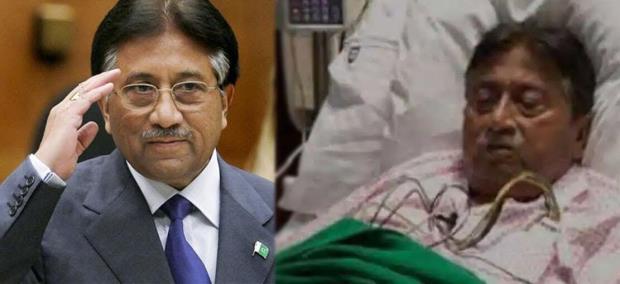Pervez Musharraf, former Pakistani President and Army chief breathed his last on Sunday in a Dubai Hospital, reported a top media house citing sources close to him. Musharraf, 79 has been undergoing treatment for an ailment at the elite American Hospital based in Dubai.
His family took to Twitter to inform him about his struggle due to complications arising from the medical condition called amyloidosis for which he was undergoing treatment at the hospital.
Musharraf was born on August 11, 1943, in Delhi and completed his early education at St Patrick's High School in Karachi. The former president pursued higher education at Forman Christian College in Lahore.
He had been declared a fugitive in the former prime minister Benazir Bhutto murder case and Red Mosque cleric killing case. The former president, living in Dubai since 2016, was facing a treason case for suspending the Constitution in 2007.
The former military chief left for Dubai back in March 2016 for the required medical treatment and didn’t return ever since. A rare disease, amyloidosis leads to abnormal deposition of some forms of proteins in various body tissues leading to organ damage.
He rose to global prominence after former PM Nawaz Sharif nominated him for the rank of a four-star general in 1998. He led the Kargil infiltration, which triggered a war between India and Pakistan in 1999.
It was in that year when he came to the power as a result of a bloodless coup deposing Nawaz Sharif. Facing impeachment following elections in 2008, Musharraf was forced to resign as president and went into self-imposed exile in Dubai.
In 2019 a special dedicated court sentenced him to death, however, he received a major relief back in 2020 after the Lahore High Court declared all the actions taken against him as “unconstitutional”, including the filing of a complaint on a high treason charge and the formation of a special court as well as its proceedings, leading to the abolition of the death penalty handed down to him by the trial court.
